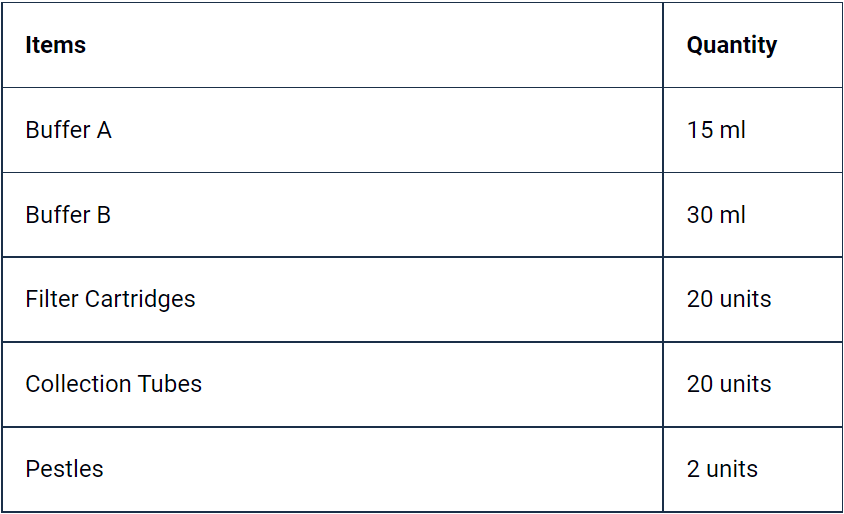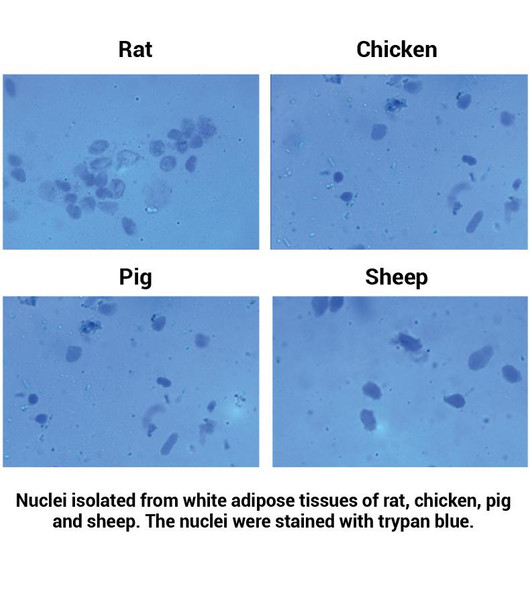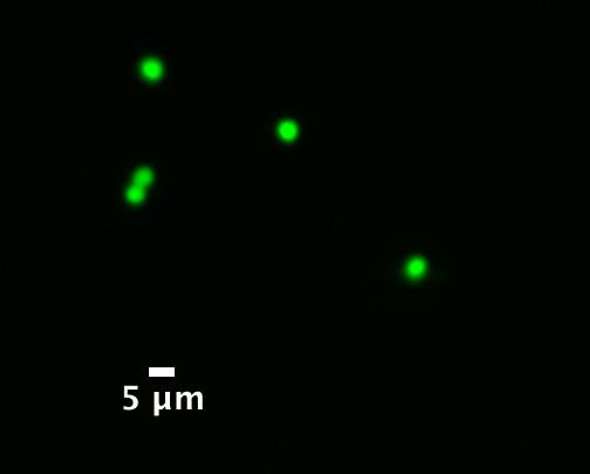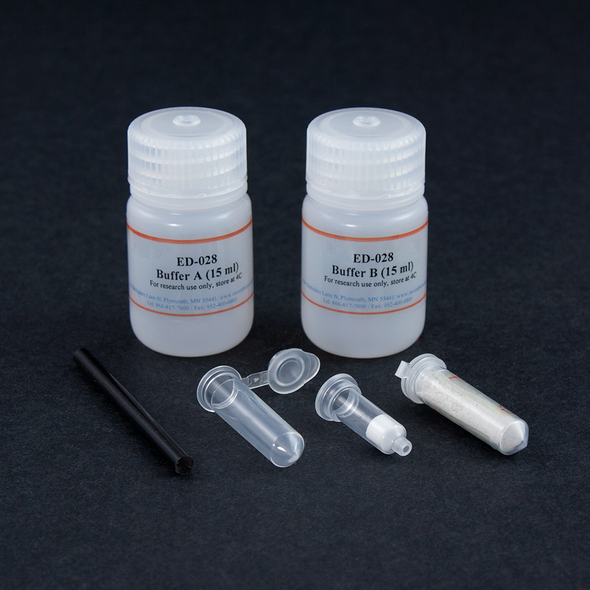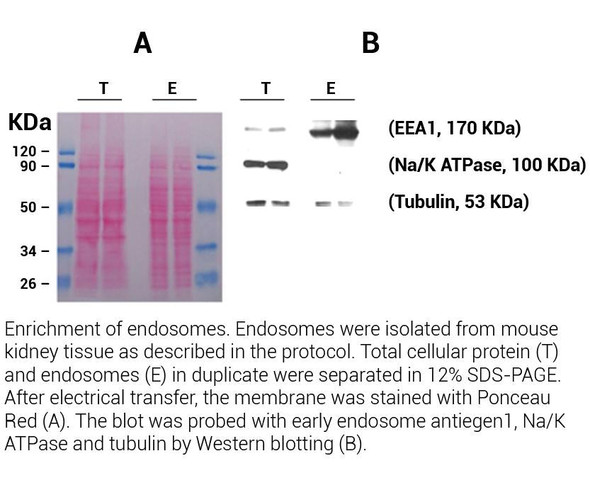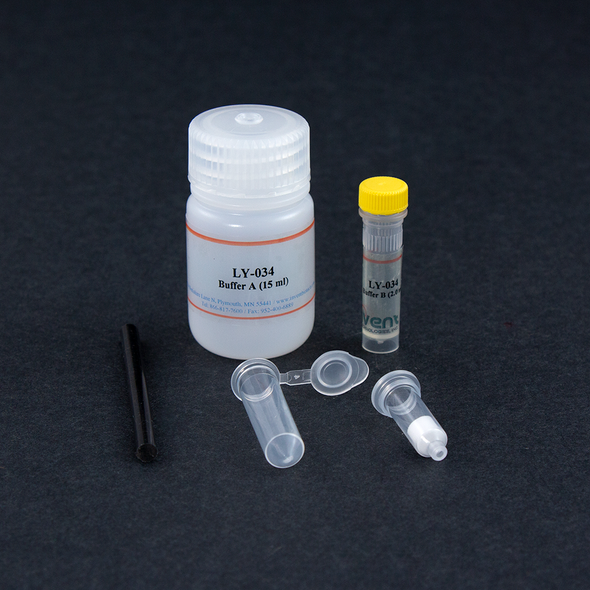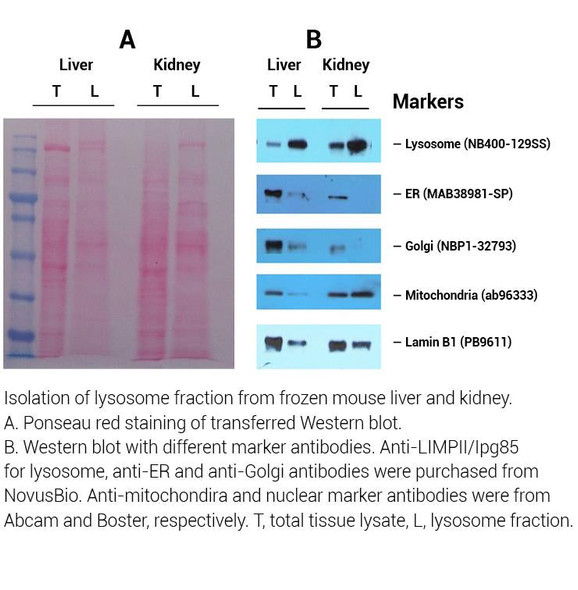Gentaur
Minute™ Detergent-Free Single Nuclei Isolation Kit (20 Preps) | NI-024
- SKU:
- IB-NI-024
- Availability:
- In Stock
Description
Minute™ Detergent-Free Single Nuclei Isolation Kit (20 Preps) | NI-024
Single-cell genomics requires high-quality and complete genetic materials from individual cells. However, intact single cells are hard to isolate from tissues, especially when frozen. In addition, dissociation-induced (either mechanical or enzymatic) population and expression bias are also problematic. It is more feasible to isolate intact nuclei to be used as the starting material for most single-cell genomics applications.
The detergent-free nuclei isolation kit is designed to rapidly isolate intact nuclei from animal cultured cells or tissues (fresh or frozen). Intact nuclei can be isolated from the samples using proprietary spin-column-based technologies in less than 20 min without using tissue homogenizer and any detergents. The traditional method for nuclei isolation involves the use of non-ionic detergent, which has a tendency to cause unwanted nuclear aggregation. It is unclear why some nuclei are aggregated while others are not. It is also unknown whether non-aggregated nuclei are an unbiased representation of the whole nuclei population. Detergents also have the potential to damage the nuclear envelope resulting in leakage of nuclear matrix materials. For some cell/tissue types, nuclear envelop proteins could also be stripped off by the detergents. MinuteTM Detergent-Free Nuclei Isolation Kit provides a whole new way for nuclei isolation in contrast to traditional methods.
How it works: cells/tissues are first sensitized by buffer A before passing through the proprietary filter in a zigzag manner when high-speed centrifugal force is applied. The cells are ruptured when passing through the filter leaving intact native nuclei in the flow-through. The nuclei are separated from other small cell debris by low-speed centrifugation using the proprietary buffer B. The native and intact nuclei isolated can be used for a variety of downstream applications that include but not limited to: FACS analysis, single nucleus analysis (such as RNA-seq and ATAC-seq), immunofluorescence staining, cell cycle analysis, and/or apoptosis research.
Kit includes:
